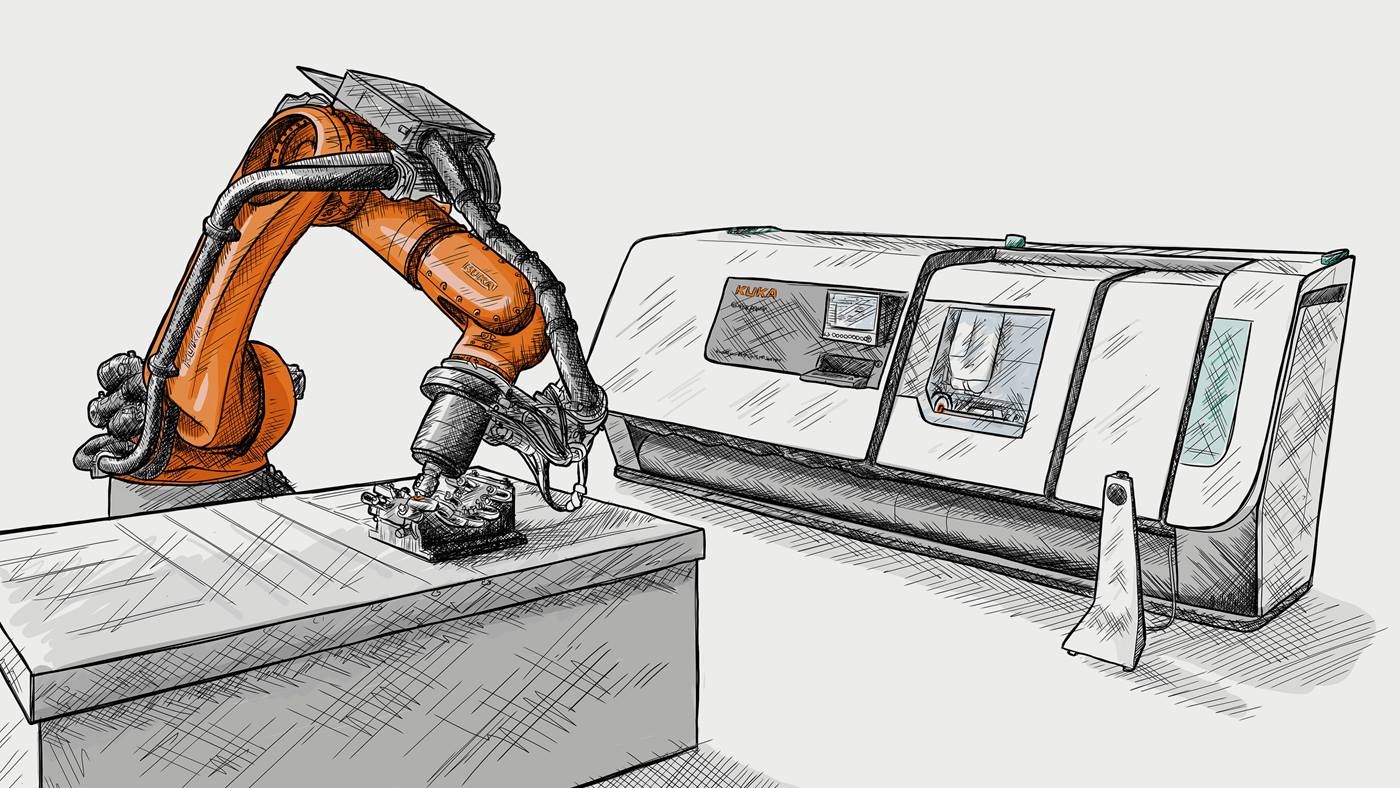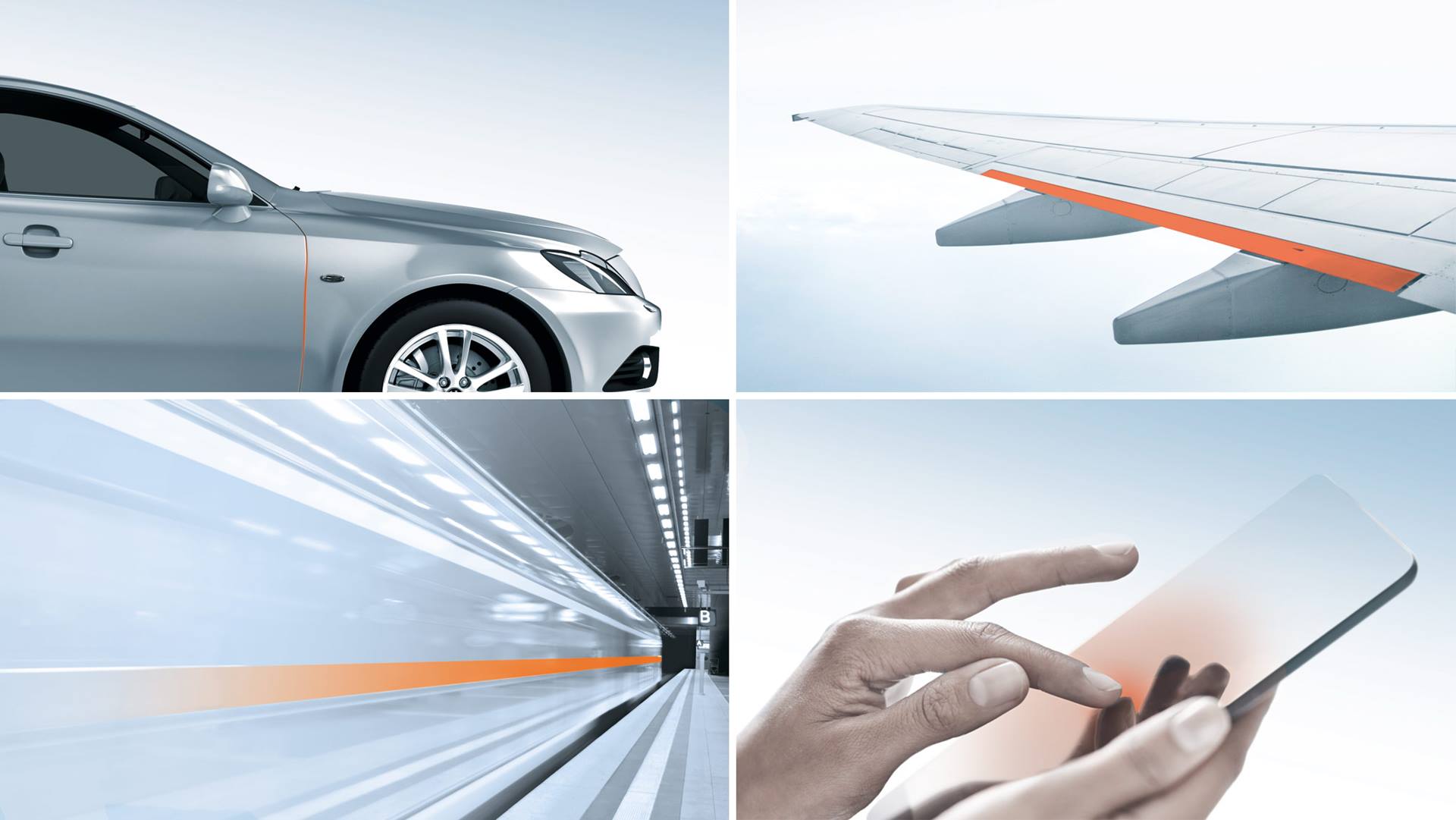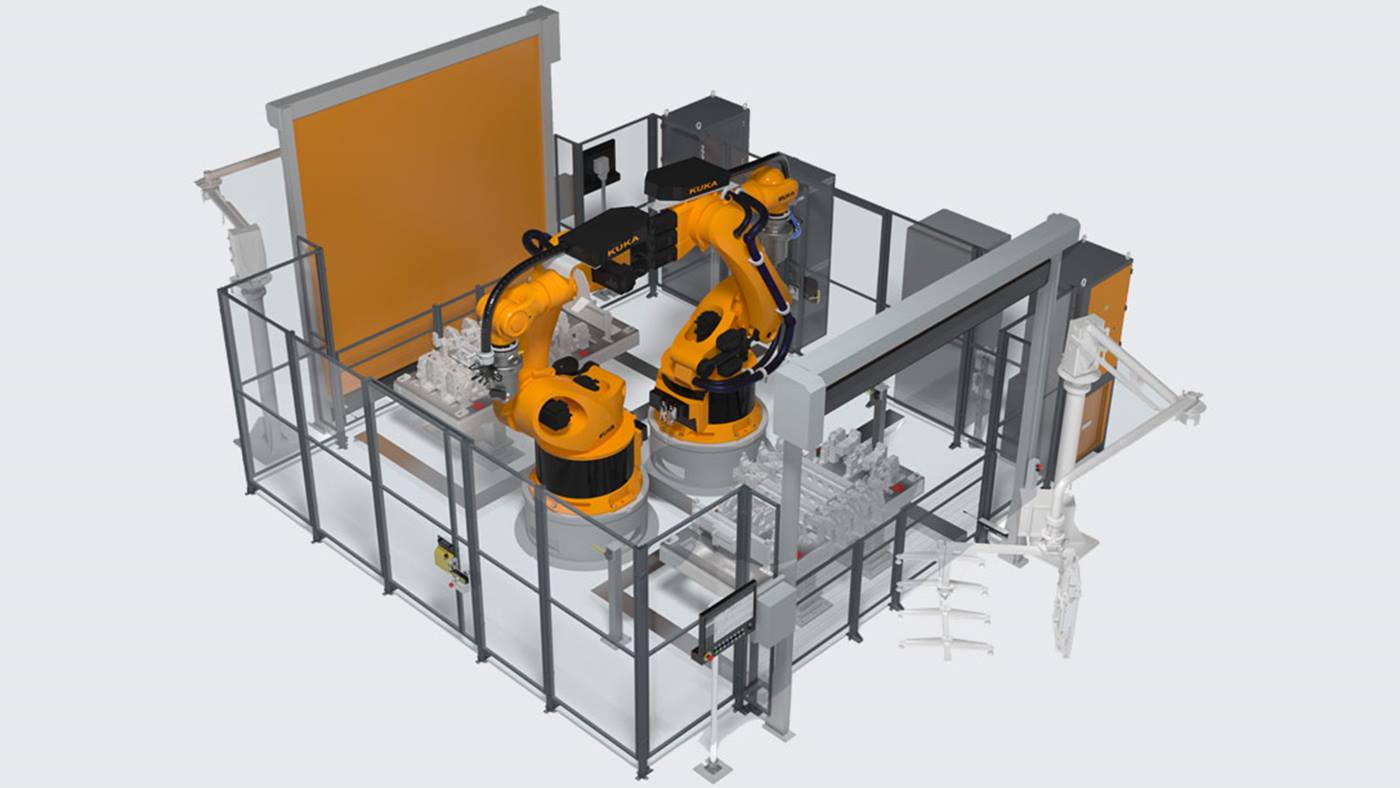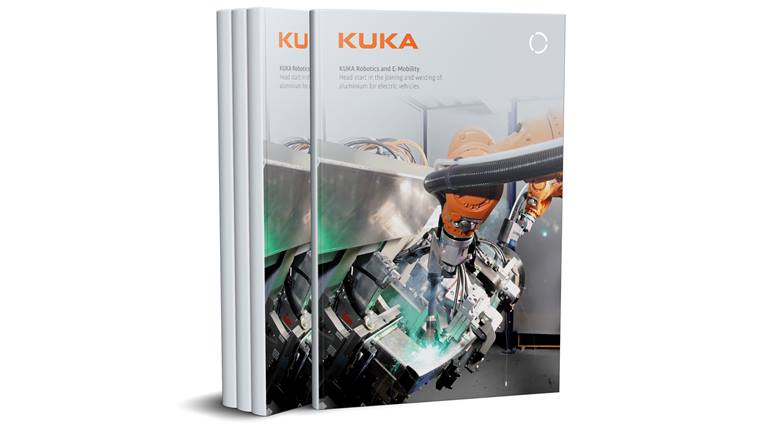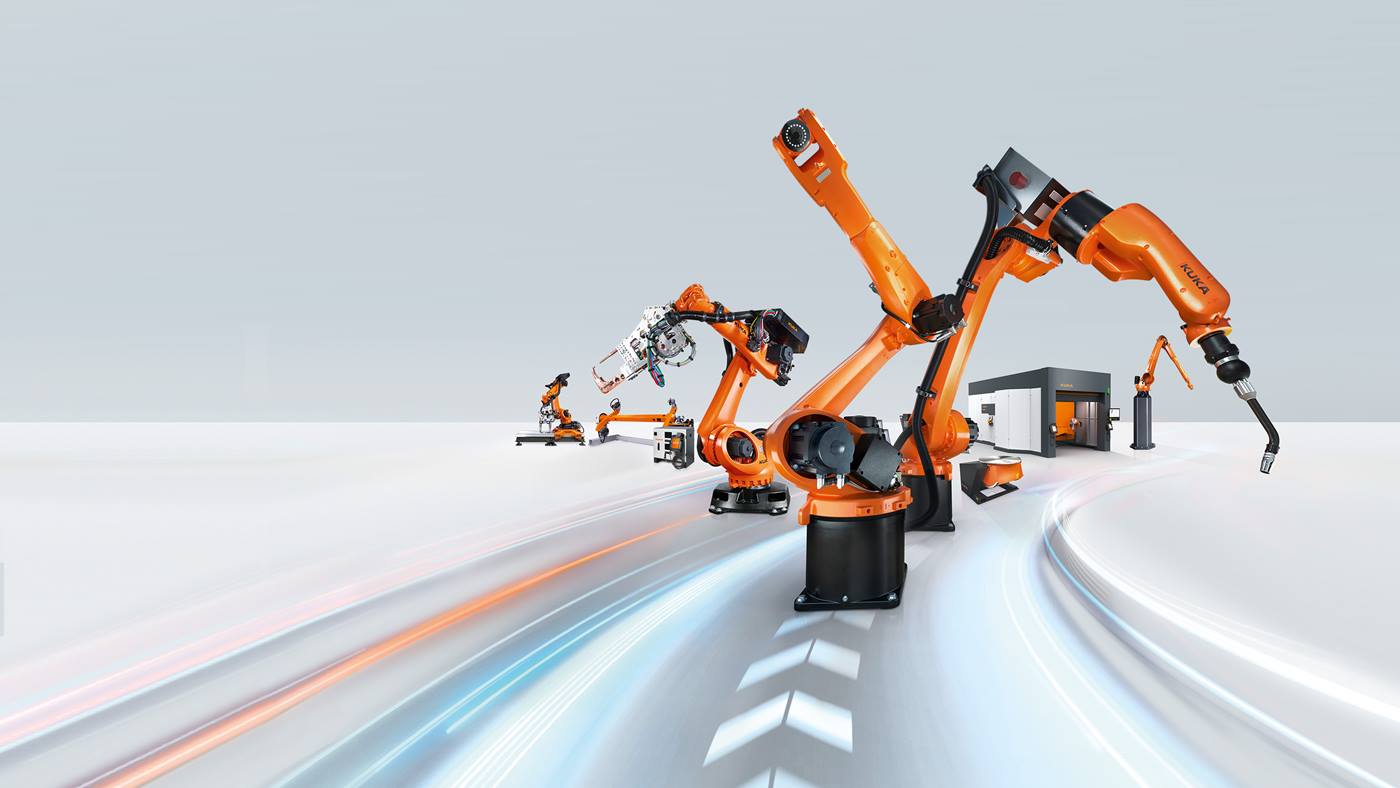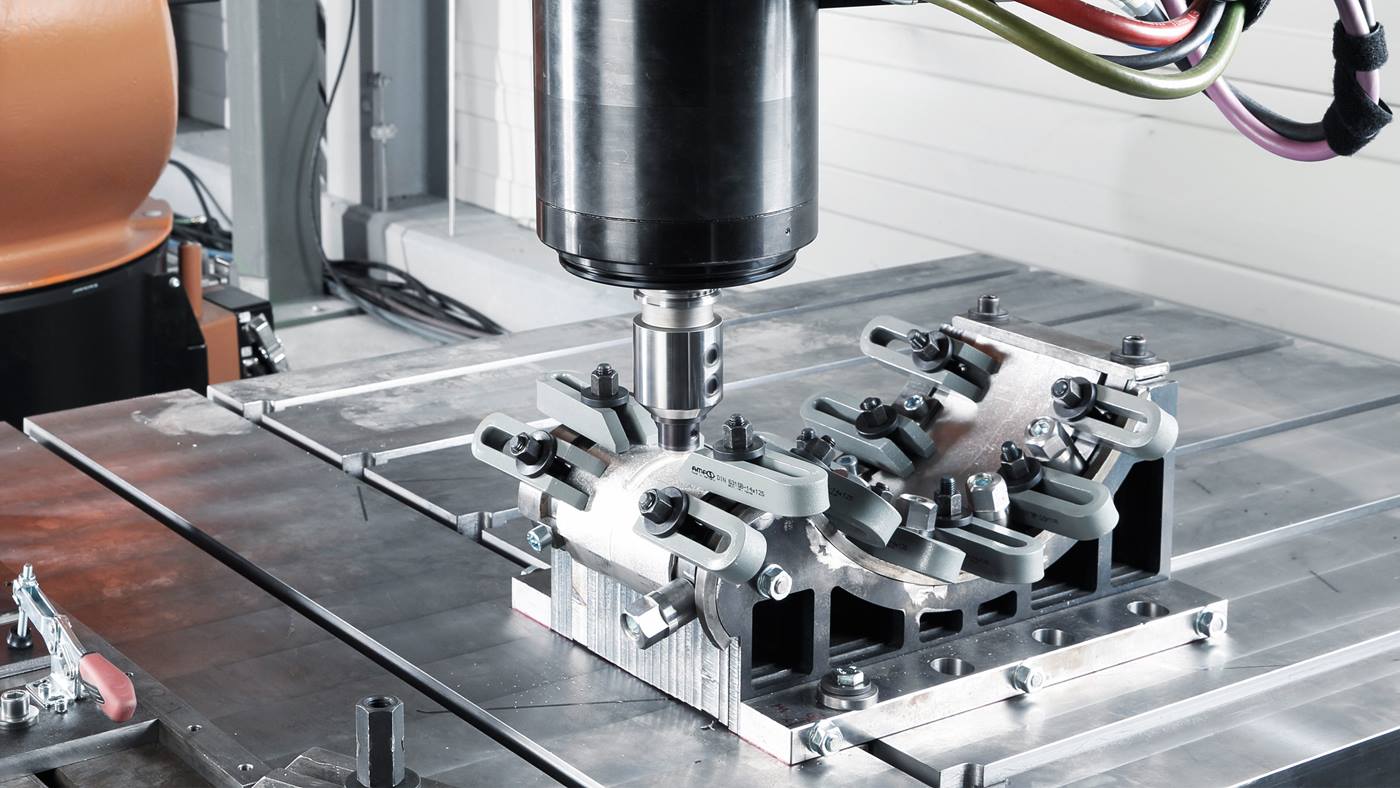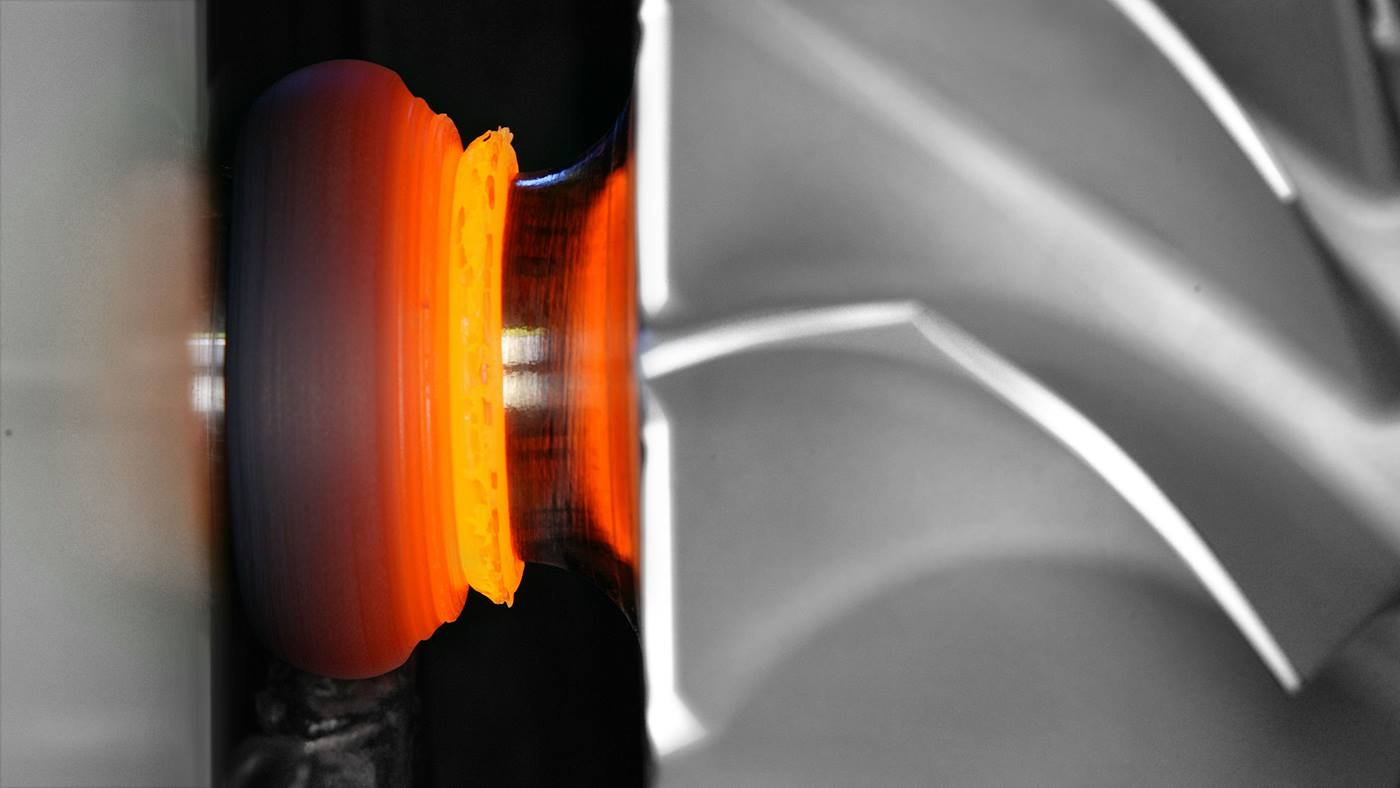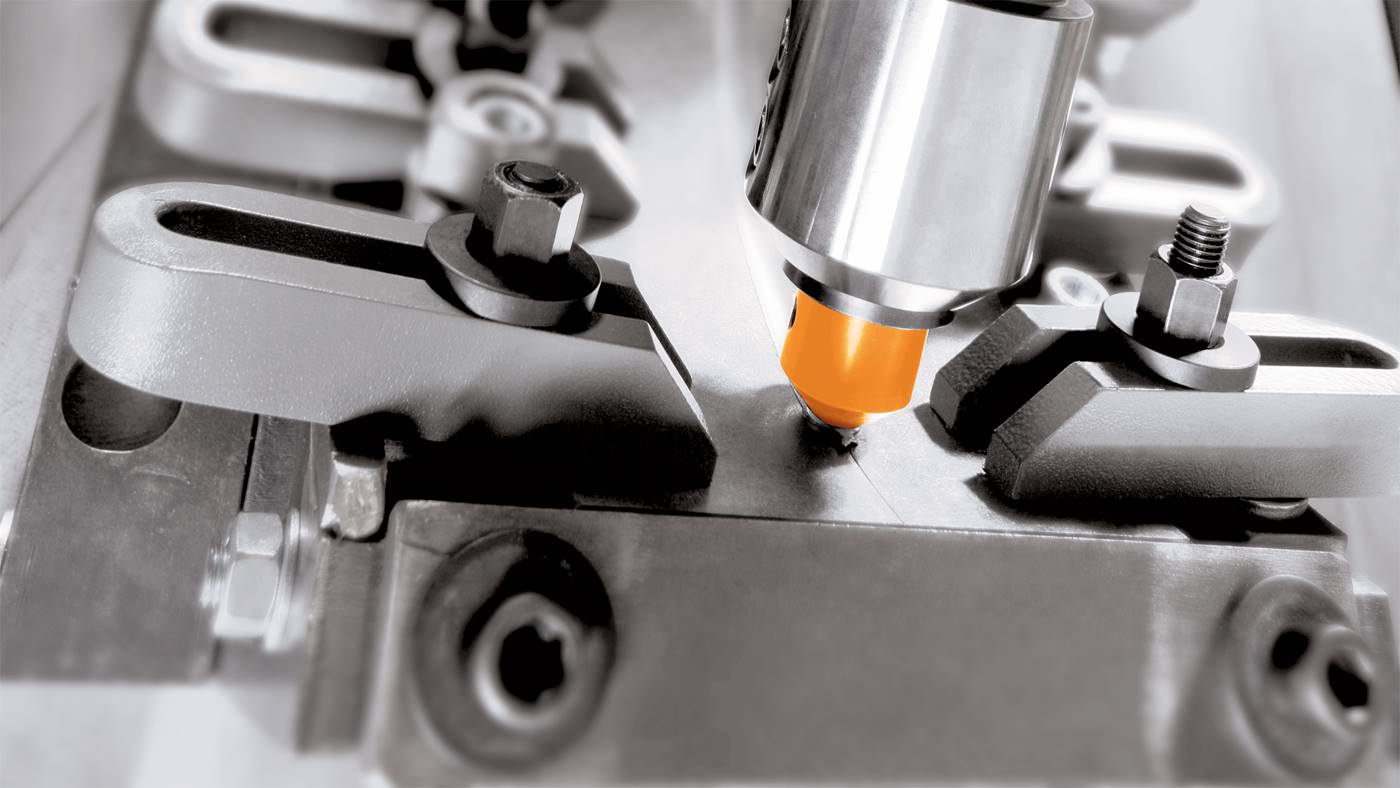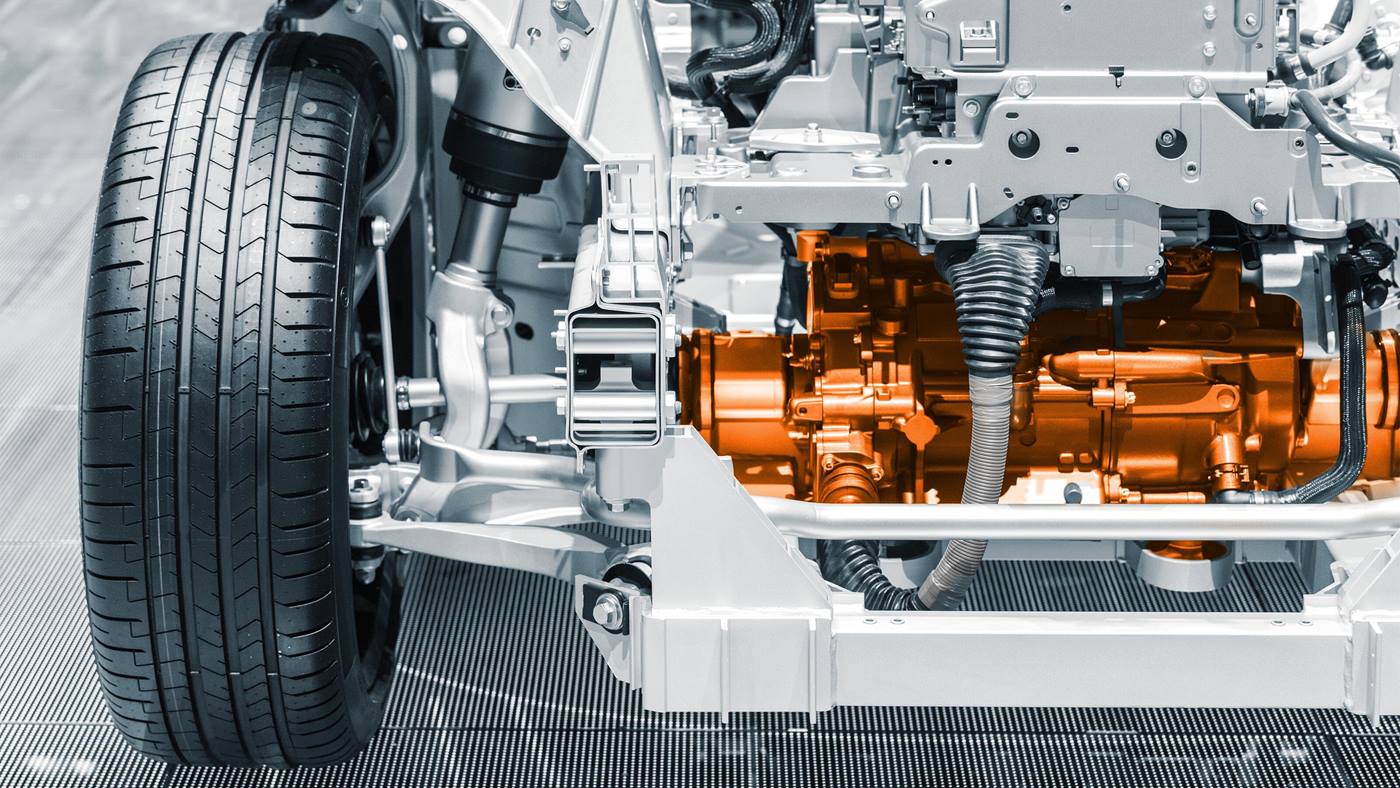Friction stir welding (FSW): the process
Friction stir welding is a process in which a rotating pin is traversed along the contact surfaces between the workpieces. The frictional heat plasticizes the material, which is welded together.
The FSW process is particularly suitable for joining non-ferrous metals with a low melting temperature and for mixed-material joints. Even materials that are difficult to weld or dissimilar materials such as aluminium with magnesium, copper or steel can be friction stir welded.
Friction stir welding offers a number of advantages over conventional arc welding processes.
FSW ensures top weld quality - No welding defects such as pores or cracks
- Joining of a wide variety of materials possible
- Comparatively low heat input
- High seam strength with minimal welding distortion
FSW guarantees cost-effectiveness - Economical joining of complex 3D geometries
- Material savings through component optimization
- No consumables such as shielding gas or filler wire
FSW is labelled as "green technology" - Environmentally friendly thanks to low energy consumption
- No fume extraction or anti-glare measures required
Aluminium and aluminium alloys play an important role in e-mobility because of the ideal combination of lightness and strength. In welding and joining processes, aluminium has high demands on the processes used. With comprehensive process know-how and the right
products, we make you fit for the technological transformation towards e-mobility. The example of the battery box shows how robots enable the production of aluminium components at the highest quality level;
Read what is important for aluminium welding in electromobility.
Download e-book

